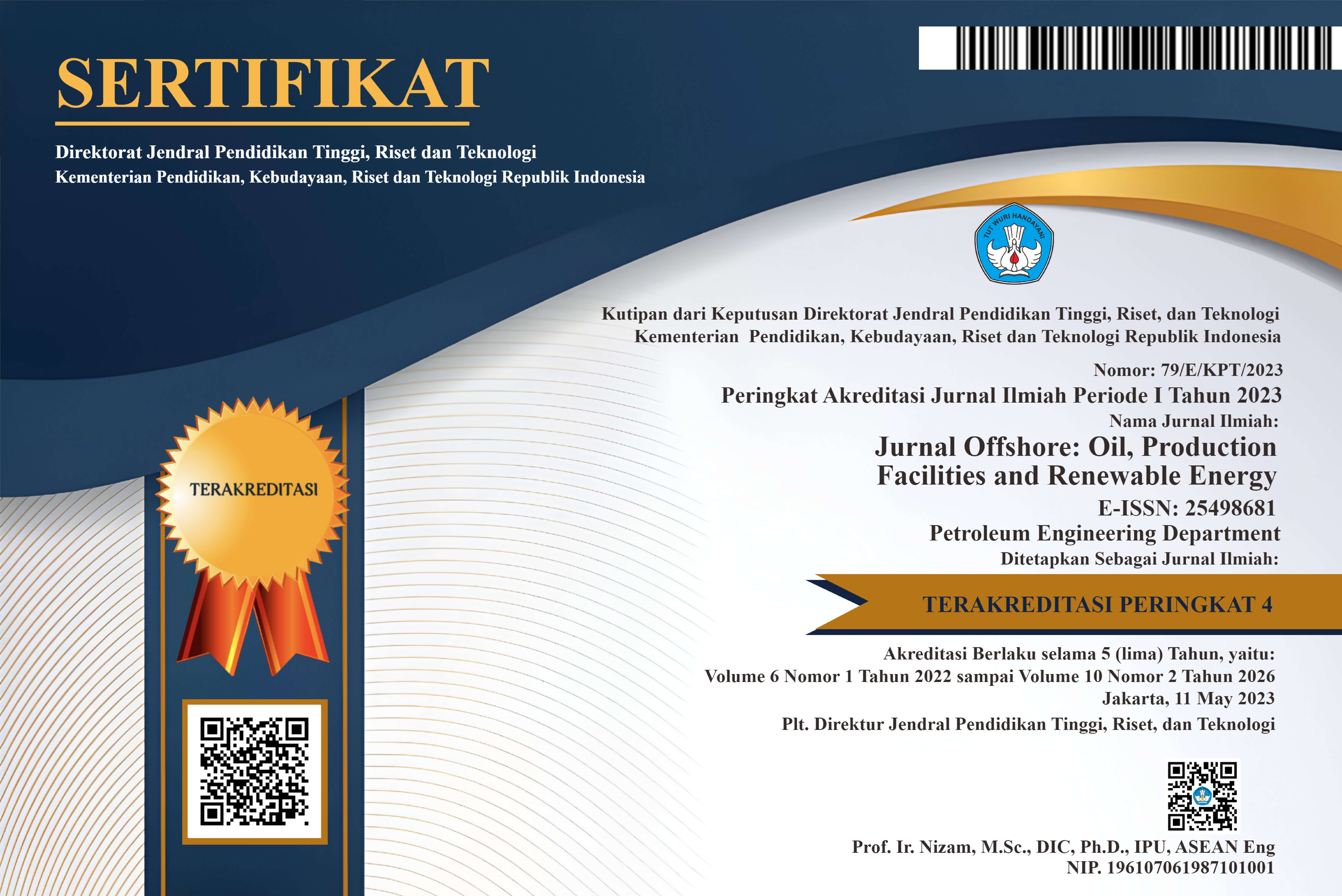Literature Review : How to Examine the Mediating Factor of Government Role in Renewable Energy Adoption
DOI:
https://doi.org/10.30588/jo.v8i2.2026Abstract
Indonesia is a blessed country with abundant renewable resources and the potential to manufacture up to 419 GWh of clean electricity for its people. The government plays a crucial role in shaping and nurturing the proper environment to support RE adoption and transition toward a sustainable economy. Various tools and dimensions are available to observe the government's role in accelerating RE adoption. However, studies show that the metrics used to examine Indonesia’s government regarding RE adoption are lacking. This provides an opportunity to improve the metrics by referring to countries worldwide that show success in the particular research field. The current study aims to address the challenge by presenting a literature review of studies on the government's role in RE adoption and extracting insight to develop improved metrics for examining Indonesia’s government's role in RE adoption. Furthermore, we use data mining to visualize the research map of the current topic to provide an understanding of which areas are underexplored. Thus, future studies can refer to the results to contribute further to the literature.
Downloads
Published
How to Cite
Issue
Section
License
Copyright (c) 2025 Indri Haryani, Sri Widiyanesti, Aida Fauzia Rahmatika, Dryasmara Kusumastuty, Hendri Bhirowo, Fefria Tanbar

This work is licensed under a Creative Commons Attribution 4.0 International License.
Authors retain copyright and grant the Jurnal Offshore right of first publication with the work simultaneously licensed under a Creative Commons Attribution 4.0 International License that allows others to share (copy and redistribute the material in any medium or format) and adapt (remix, transform, and build upon the material) the work for any purpose, even commercially with an acknowledgement of the work's authorship and initial publication in Jurnal Offshore. Authors are able to enter into separate, additional contractual arrangements for the non-exclusive distribution of the journal's published version of the work (e.g., post it to an institutional repository or publish it in a book), with an acknowledgement of its initial publication in Jurnal Offshore. Authors are permitted and encouraged to post their work online (e.g., in institutional repositories or on their website) prior to and during the submission process, as it can lead to productive exchanges, as well as earlier and greater citation of published work (See The Effect of Open Access).
















